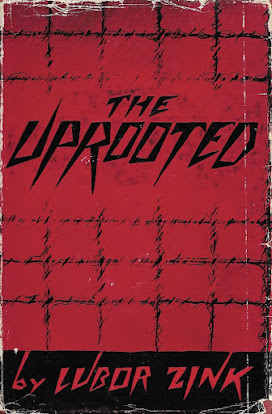An old poem for the New Month by daughter of Toronto Susie Frances Harrison (née Riley; a/k/a Seranus). This version comes from her second collection, Pine, Rose and Fleur de Lis (Toronto: Hart & Co, 1891).
DECEMBER
I long for a noble mood. I long to rise,Like those large rolling clouds of ashen pinkThat deepen into purple, over strifeAnd small mechanic doings. How superbThat landscape in the sky to which I walk,And gain at will a spacious colour-world,In which my finer self may feel no fear!The distance far between that goal and meSeems lightly bridged; breathless, I win that goal—The shores of purple and the seas of gold.Below, how flat the still small earth—a sphereThat only the leaden soul takes solace in!The long pine stretches, barred in sombre black,Cross at right-angles fields that are gray with snow—Not white, but gray, for all the colours is here,Colour—a new sacrament—melted gems,The hearts of all water-lilies, the tips of their wings—Young angels', plumed in topaz, garnet, rose—The dazzling diamond white, the white of pearl.How poor a place the little dark world appears,Seen from this gold-cloud region, basoned in fire!Only a step away, and nothing is seenOf the homes, huts, churches, palaces it bearsUpon its dry brown bosom. There remainsBut the masterful violet sea, that angrilyThis moment somewhere gnashes its yellow teethAgainst a lonely reef. What's most like GodIn the universe, if not this same strong sea,Encircling, clasping, bearing up the world,Blessing it with soft caresses, then, for faults,Chiding in God-like surges of wrath and storm?But the ocean of cloud is placid, and the shores,Rolled up in their amethyst bulk towards the stars,Fade noiselessly from pearl to purple dark.The shades fall even here. Here—not exemptFrom death and darkness even these shining airs—The night comes swifter on than when on earth.The fringes of faintest azure, where the barsOf paler cloud are fading into gray,Are dulled and blotted out. Opaque has grownThe molten in one moment; fleecy paleAnd ghastly all the purple lonely then,And awed to horror of those glacial peaks,I bridge the vaporous barrier once again,And tread the despised earth. Then how too dearDoth the rude, common light of earth appear—That of a street lamp, burning far, but clear!The sign of human life, of human love,Of habitation sweet, of common joysAnd common plans, though precious, yet not prized,Till in a moment's fancy I had lost them.










